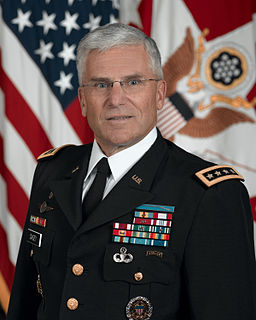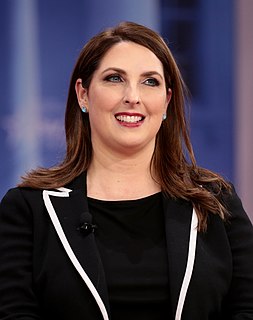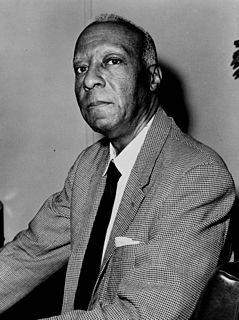A Quote by Martin Schulz
I really don't have time at the moment for coalition debates. The voters will decide what the next parliament will look like. Those who wish to form a coalition with The Social Democrats can take a look at our platform and then they are more than welcome to talk to us.
Related Quotes
Having said that, Angela Merkel's electoral district is here [ in Mecklenburg-Western Pomerania].And so, if Chancellor Merkel loses here, her party, which has ruled in a coalition government for the last decade here with the Social Democrats - if they lose today, then it's really a very significant slap to the face, if you will. And this is coming at a time when the chancellor is being asked to decide whether she will stand for another term.
I continue to believe that America is better positioned than any country on the planet to lead in the 21st century, but we do have to be bold. And actually, our platform in the Democratic Party is pretty darn bold, and folks from Senator Sanders' coalition and Secretary Clinton's coalition came together around that platform.
The Democrat Party coalition has now been outnumbered. The Democrats threw away their allegiance to white working-class voters. They basically discarded everybody who's white that doesn't have a college education. Well, that is a huge number of people. The Democrats instead decided to build a coalition of minorities and illegal immigrants and union workers, and they are dwindling in number, and they are localized. They are in urban areas in a few big cities. We outnumber them now, and we can cement this for a huge amount of the future.
When we least expect it, life sets us a challenge to test our courage and willingness to change; at such a moment, there is no point in pretending that nothing has happened or in saying that we are not yet ready. The challenge will not wait. Life does not look back. A week is more than enough time for us to decide whether or not to accept our destiny.
The reality is that [Barack] Obama has some 15 countries in the current Libya coalition. President Bush put together close to 50 countries for the Afghan coalition, some 40 countries for the Iraqi coalition, more than 90 countries for the Proliferation Security Initiative and over 90 countries in the Global War on Terror.
































